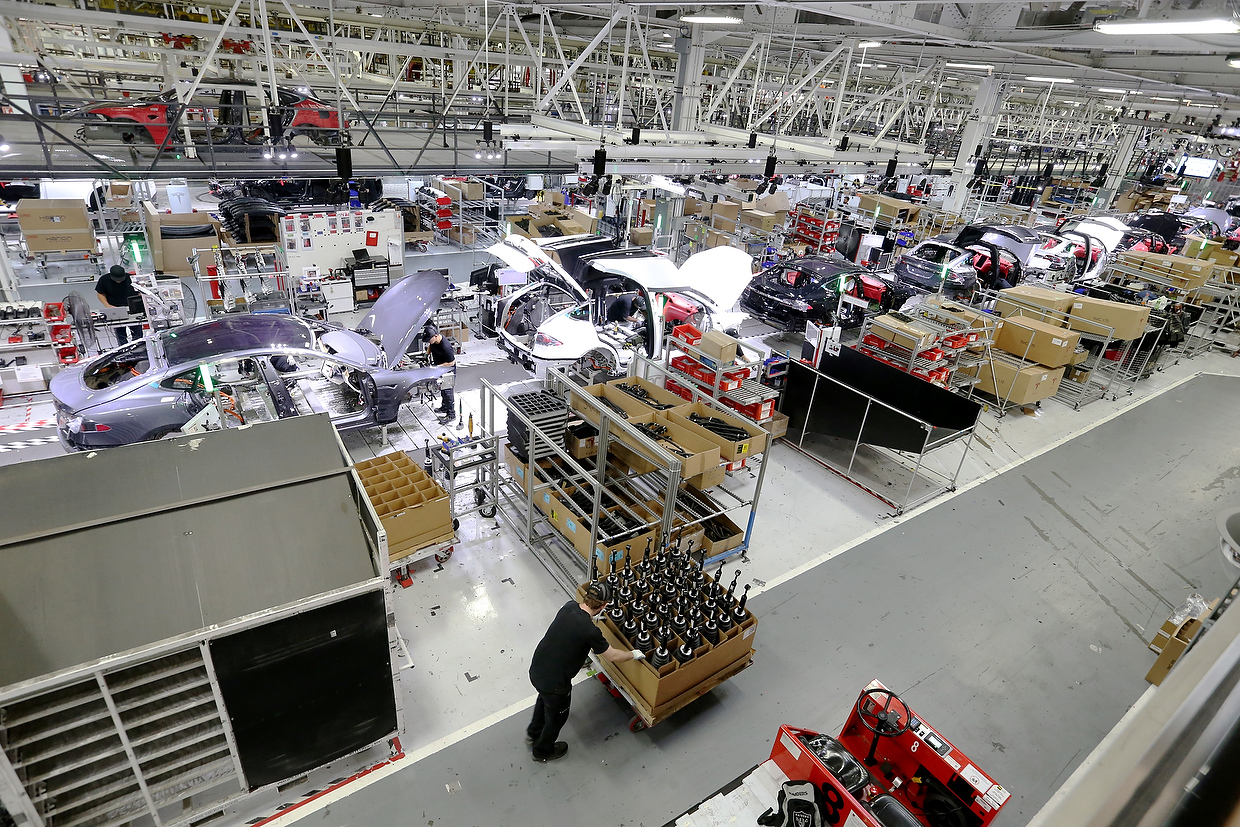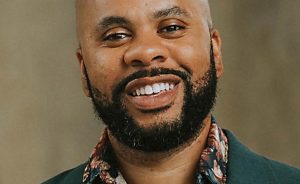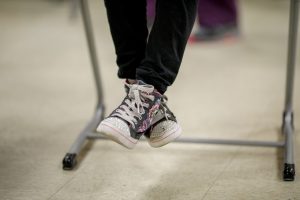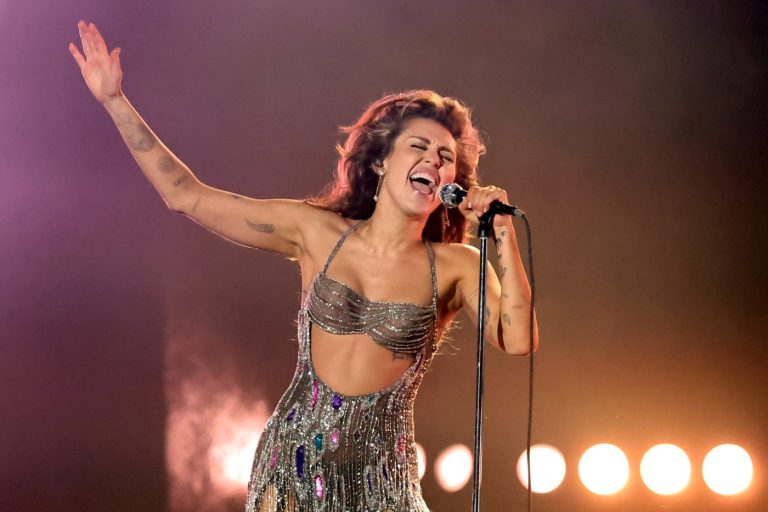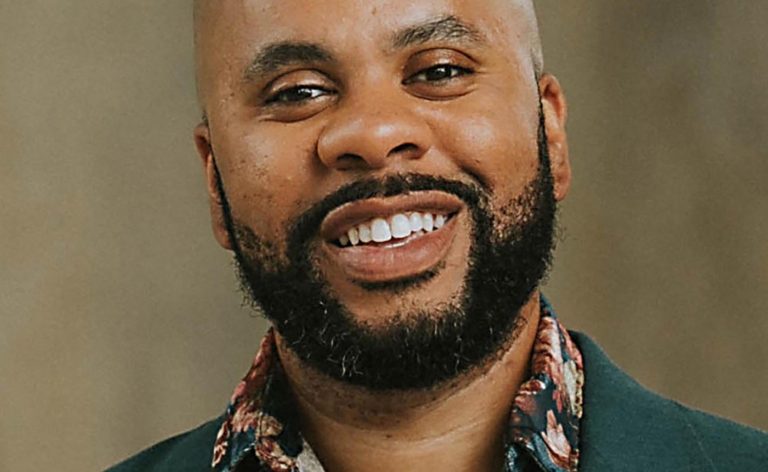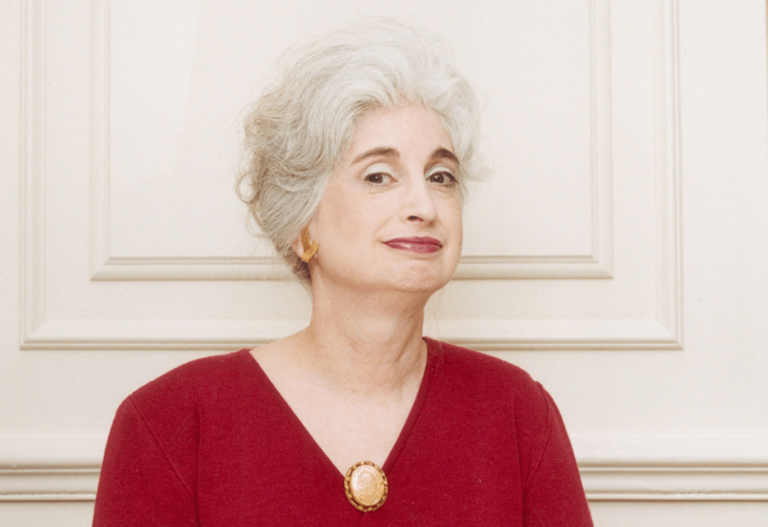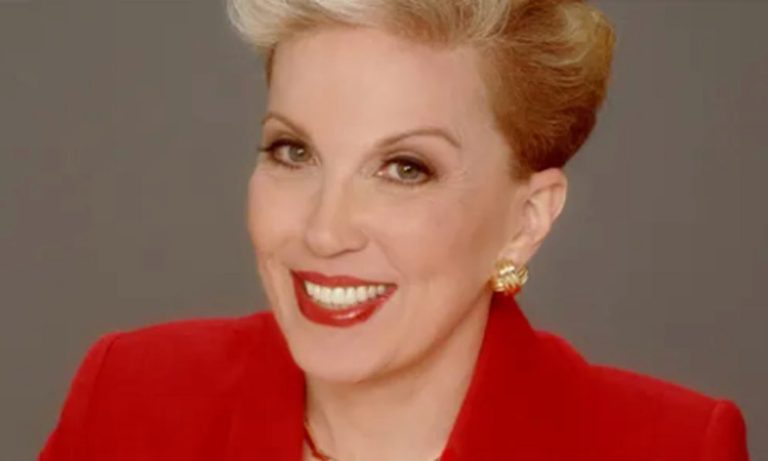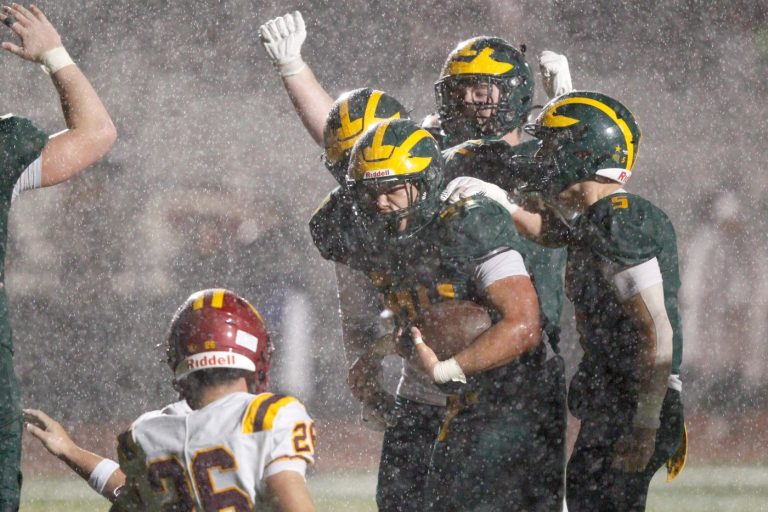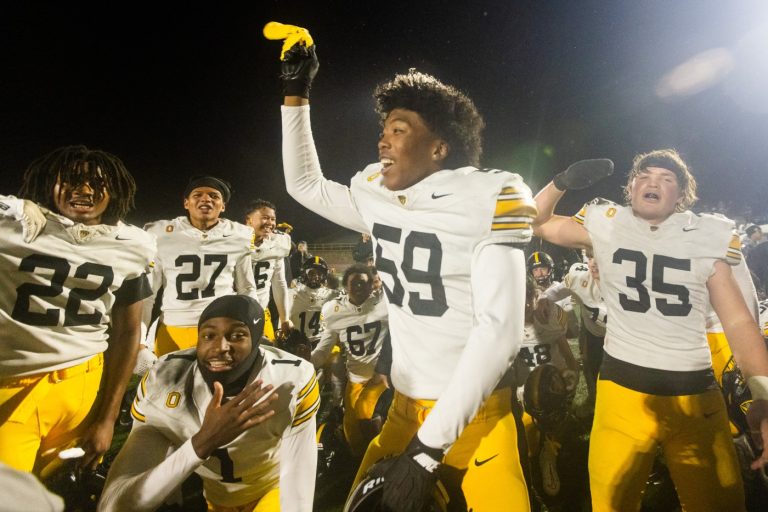A blockbuster class-action lawsuit against Tesla over treatment of Black workers at its Fremont electric car factory will go before a jury next fall, a judge ordered this week.
It is the largest of several lawsuits — including by the state and federal governments — claiming the automaker led by CEO Elon Musk has allowed rampant, anti-Black racism at the plant, where Tesla models S, X, Y and 3 are made.
The case was filed in 2017 in Alameda County Superior Court by former Tesla worker Marcus Vaughn. Four more named plaintiffs have been added: former workers Monica Chatman and Titus McCaleb and current workers Chanel Hendrix and Garret Parker.
On Wednesday, Judge Nöel Wise set Sept. 8 of next year as the start date for the jury trial.
Nearly 6,000 current and former Black employees and contractors at the plant have signed onto the lawsuit, and the number could climb past 10,000 in coming months, a lawyer for the workers said.
Black workers claim they experienced racist epithets, graffiti, discrimination and harassment at the automaker led by CEO Elon Musk.
The lawsuit seeks a court order that would bar the company “from maintaining a hostile work environment on the basis of race,” and would impose mandatory training on harassment for all Tesla managers and employees.
“The same racism and harassment that was there back in 2017 when we first filed this lawsuit are there today,” Bryan Schwartz, a lawyer for the workers, alleged.
Tesla did not immediately respond to requests for comment. The company in a court filing has denied the workers’ claims, on grounds including that workers delayed making their claims and have acted in bad faith. Tesla said in a 2022 blog post that it “strongly opposes all forms of discrimination and harassment” and claimed it “has always disciplined and terminated employees who engage in misconduct, including those who use racial slurs or harass others in different ways.”
Of the more than 200 Black workers who provided statements for the lawsuit, about two-thirds said they saw anti-Black graffiti including nooses, racial slurs and swastikas in the Fremont factory, and a quarter said higher-ups called them the n-word. A court filing lists more than 50 anti-Black slurs allegedly hurled or scrawled at the factory. Nearly half the workers said they complained to bosses, supervisors, managers or Tesla’s human relations department, but the company failed to address their concerns. Dozens said their complaints drew retaliation, including termination, the filing said.
Judge Wise in a May ruling wrote that the statements suggested that over about eight years, Black workers at the Fremont facility “experienced conditions that might reasonably be characterized as race harassment.”
Related Articles
California sales of zero-emission vehicles hit 25.7% but are numbers increasing fast enough?
‘Charger hogs’ are ruining the electric vehicle experience
California city’s Tesla fleet becomes first in nation to go all-electric
Elon Musk’s trans daughter says dad ‘relentlessly harassed’ her for her femininity and queerness
Elon Musk’s anger over trans daughter triggered mission to ‘destroy the woke mind virus’
Former and current workers at the Fremont factory last year described to this news organization a workplace where Black employees and contractors received the hardest, most-dangerous jobs, and were blocked from promotions.
The class-action lawsuit would not result in Tesla paying damages if it loses, but hundreds of the workers have filed separate lawsuits seeking damages, and Schwartz said he expected hundreds more to follow suit.
Meanwhile, Tesla is facing several other similar lawsuits claiming widespread, anti-Black racism at Tesla facilities.
In a lawsuit filed by the U.S. Equal Employment Opportunities Commission in federal court in San Francisco in 2023, Tesla has denied Black workers suffered retaliation for complaining about racial harassment. However, Judge Jacqueline Corley noted the commission’s claims that Tesla fired Black workers within weeks of their complaints about racial harassment, reassigned a Black employee to a more demanding part of the assembly line after she reported her supervisor for racial harassment, and repeatedly wrote up another employee who complained of racial harassment, were enough to infer that the actions taken against the workers were linked to their complaints.
California’s Civil Rights Department claims in a lawsuit filed in 2022 in Alameda County Superior Court that Black workers at the Fremont factory were paid less than White workers, denied advancements, and faced daily racist abuse. Tesla has described the lawsuit as “misguided” and “unfair.”
Last year, a jury awarded $3.2 million to a Black former Tesla worker who sued the company in 2017 over “vitriolic racial harassment” and “daily racist epithets” at the Fremont factory.
Although a lawyer for Tesla told the jury what happened to Owen Diaz was not “defensible or right,” Musk, in response to the jury’s $3.2 million verdict, tweeted, “If we had been allowed to introduce new evidence, the verdict would’ve been zero.”
Tesla’s attempt to slash the damages in the Diaz case was shot down by Judge William Orrick, who pointed to “awful, pervasive racism” at the Fremont plant.
